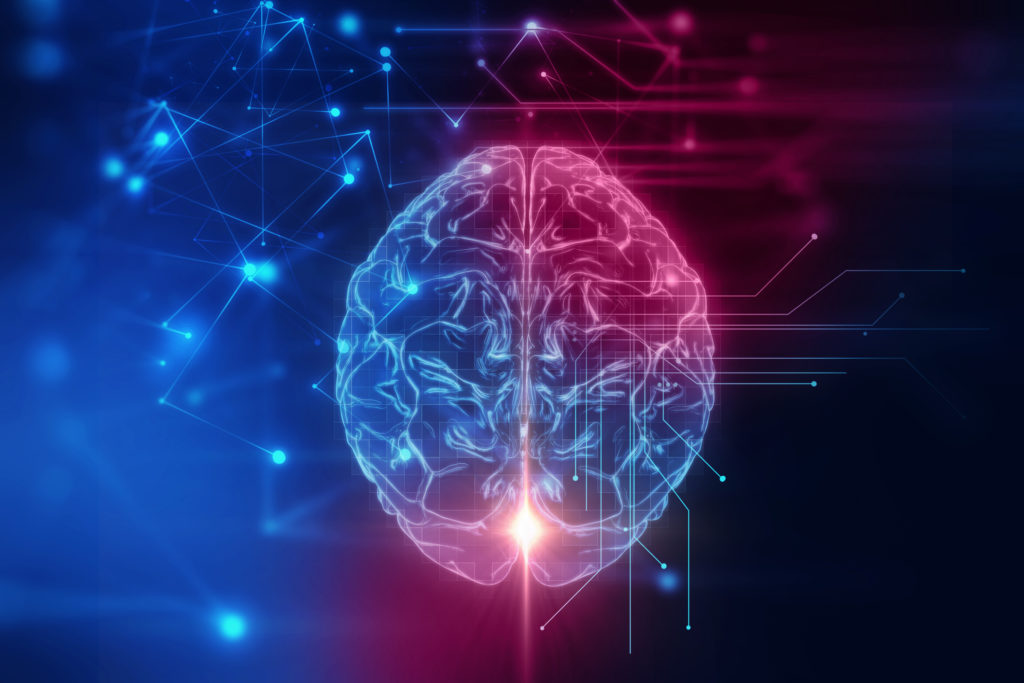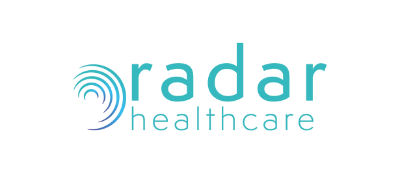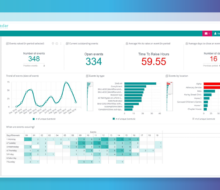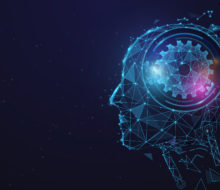What is AI in healthcare?
19 January 2022
Tags:

Artificial intelligence (AI) can be a daunting term in healthcare, as it can be thought of as things being out of our control. However, it’s important to really understand what AI is and the benefits it can bring to various aspects of healthcare.
Firstly, what is AI?
Artificial intelligence is any system that observes its environment and fulfils actions towards achieving set goals. Computers and other machines mimic cognitive functions that humans demonstrate, and are able to learn, think, make decisions and take actions. It can be seen as the opposite of natural intelligence which is what humans and other animals display.
Examples of AI in everyday life are search engines like Google, devices which understand human speech, and self-driving cars.
What is artificial intelligence in healthcare?
AI powered healthcare is when machines are used to digest, analyse and act on health data, in order to help healthcare professionals make clinical decisions.
The adoption of AI can already be seen in areas like diagnosis and treatment recommendations. It can analyse big data (complex, large data sets) to help make informed decisions ensuring a high quality of care is maintained.
What types of AI are relevant to healthcare?
Artificial intelligence is a collection of multiple technologies, most of which are relevant for healthcare. Here we cover two of the main ones:
Machine learning
One of the most common forms of AI, machine learning is when computer learning algorithms improve automatically through experience. It builds a model based on sample data, then makes predictions or decisions without being explicitly told to do so.
Deep learning is a form of machine learning which teaches computers to learn by example, which us humans naturally do every day. It is based on artificial neural networks inspired by the structure and function of the brain.
Examples of machine learning in the healthcare industry are precision medicine and improving patient care through learning from data.
Natural language processing
All about the human language, natural language processing (NLP) includes speech recognition, text analysis, translation and other language goals.
In healthcare, NLP is primarily used in generating and classifying documentation and research. It can analyse unstructured notes in health records and help professionals create notes quicker with text-to-speech.
How can healthcare organisations like yours use AI?
Are you managing your quality, compliance and risk through paper based methods or excel, or a legacy system which isn’t up to scratch?
Radar healthcare uses artificial intelligence and machine learning to deliver business intelligence on your data. It will spot trends in your data and ensure that actions are taken to help maintain patient safety. For example, if your staff across various locations are reporting rising numbers of infection events, Radar Healthcare will detect this anomaly. The software will then create an outbreak event, which triggers all associated processes and tasks without any time lag or manual intervention.
There’s a reason why 100,000 people use Radar Healthcare, take a look at our case studies to see what they have to say.











